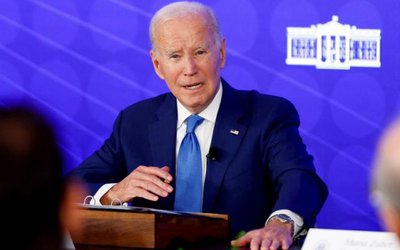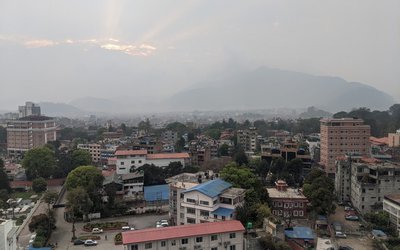On 4th August, officers from the Metropolitan Police of London shot dead Mark Duggan, a 29-year-old young man from local Black community, while he was evading arrest. Two days later, a group of over a hundred people marched peacefully at the local police station at Tottenham demanding justice for the family. An aggressive crowd joined them later in front of the police station. Within hours, London was burning with reports of arson, looting and violence from different parts of the city.
Over the next few days, looting and violence was seen in cities including Birmingham, Nottingham and Bristol. In what was described as copycat looting, groups of youths would exchange messages over their Blackberry, then assemble in front of posh department stores, vandalise and loot the objects of their choice. “These are criminal activities, pure and simple,” said Prime Minister David Cameron, who rushed to London cutting short his summer holidays in Italy.
As thousands of extra policemen were deployed in the streets of London and hundreds of arrests were made, the rioting came under control within few days, but it exposed deep divisions within the British society.
“The recent riots have exposed the ‘underclass’ in the British society who feel excluded from the whole society. Most of them are angry and frustrated youths and think that they have nothing to lose,” said Dr Krishna Adhikari, an anthropologist affiliated with the Institute of Social and Cultural Anthropology at the Oxford University.
Prime Minister Cameron summoned a special session of the parliament that was in recess. Leaders from across the political spectrum condemned the violence and demanded more powers to police. They also insisted that the riots should be viewed in the backdrop of huge budget cuts introduced by the Conservatives-led coalition government.
“If there is one lesson we should all learn from the riots, it is that it was crucial to have our police bravely standing between homes and shops on the one hand - and lawlessness on the other,” said Ed Miliband, leader of the opposition Labour party. "The Conservatives are talking tough but their words are hollow,” he added.
While political parties continue to exchange blows, analysts say lessons from London riots could be of interest for countries far or near. “Now, police have to find ‘flash mobs’ who use social media to gather and grab loot in one place, disperse, then meet somewhere else,” Martin Innes of the Cardiff University told The Economist magazine. “You have to follow them, harry them and channel them away.”
Despite following a welfare model where state commits to take care of sick, poor and unemployed people, gap between rich and poor continues to become wider in the United Kingdom. According to the Organisation for Economic Cooperation and Development (OECD), the UK remained a more unequal society than three-quarters of OECD countries, with the richest 10 percent earning nine times more than the poorest 10 percent.
As university education becomes unaffordable for most of the young people, prospects for better life look dim for many. According to the Department for Education of the UK, the proportion of 18 to 24-year-olds in England not in employment, education or training (NEET) has risen to over 18 percent. Nearly a million young people between 16 and 24 years were not in employment, education or training between April and June this year.
A spokesman of The Prince's Trust, a British charity working with the young people, told the BBC, “We know that unemployment can have a brutal impact on young people, with thousands suffering from mental health problems, feelings of self-loathing and panic attacks.”
While the role of parenting and teachers in inculcating good values among the children is being discussed in the aftermath of riots, swift prosecution of those arrested on the allegations of involving in riots presents lessons for countries like Nepal. Magistrates’ offices and County Courts opened overnight to hear cases against mostly young men and women who were allegedly involved in looting, and even in arson. “At a time when impunity is rampant in Nepal, we should learn lessons from the UK where wrongdoers were brought to book while ensuring fair trial to the accused,” said Harihar Birahi, a senior journalist who was visiting London during the riots.
Rule of law is considered cornerstone of any civilised society. While English riots exposed the weakest link in the British society, it also brought to fore people’s overwhelming response towards the victims of the riots and strong condemnation of the violent behaviour. In times of global economic uncertainties, ensuring better prospects for the population, especially youths, would be a tough challenge for UK, or any other country for that matter, as the recent riots have shown.
- TANAHU HYDROPOWER PROEJCT: A Significant Achievement
- Apr 15, 2024
- AMBASSADOR HANAN GODAR: Sharing Pain With A Nepali Family
- Mar 30, 2024
- VISIT OF KfW AND EIB TO NEPAL : Mission Matters
- Mar 25, 2024
- NEPAL BRITAIN SOCIETY: Pratima Pande's Leadership
- Mar 24, 2024
- NEPAL ARMY DAY: Time To Recall Glory
- Mar 15, 2024
















